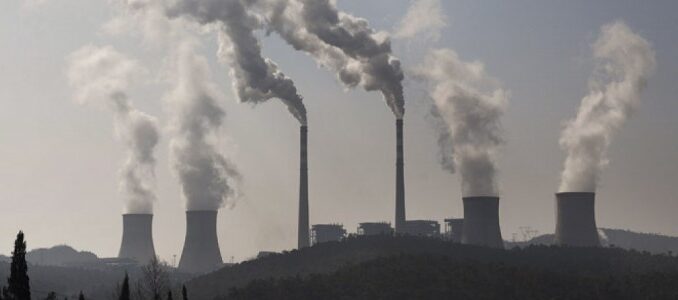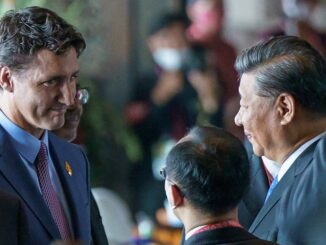
Energy News Beat Publishers Note: Excellent contrasting report from Irina Slav at Oilprice.com from other reports showing that China will be increasing coal production plants for the next foreseeable future. In the other sources, China’s energy demand growth increase is outstripping any gains made on renewable energy.
China’s transition from the biggest polluter in the world to the leading force in renewable energy generation will completely transform its economy, a new report by Wood Mackenzie says.
Calling the upcoming changes tectonic, Wood Mac analysts noted the transition will require investments of $6.4 trillion in new power generation capacity alone over the next few decades, and said that while some of this will be spent on nuclear capacity, the bulk of investments would go towards boosting China’s solar and wind capacity, and the respective energy storage.
The economic powerhouse that is China today was built on crude oil and metals, the Wood Mac report says, but this has made the country excessively dependent on energy imports. At the current rate of oil imports, China will come to depend on foreign oil for as much as 80 percent of its needs by 2030. Half of the gas it consumes will be imported.
It is to avoid this that China is so determined to decarbonizes, according to the report: “For Beijing, energy independence and decarbonisation are inseparable: by winning the clean-energy race, China can cast off the shackles of its reliance on others and dominate the resources and technologies the world needs to decarbonise,” the authors noted.
The transformation from a fossil fuel-dependent economy into an electricity-dependent one will not be without challenges. Chief among these would be securing enough raw materials to expand the national transmission network to accommodate the 6,870 GW of new capacity that the country will require to satisfy its growing energy needs over the next forty years.
This would likely create another dependency, according to Wood Mac. While oil imports will eventually decline, copper imports are likely to jump significantly as the metal is essential for wind turbines, not to mention transmission lines and wiring. To date, China only produces 16 percent of the copper it uses domestically, with the rest coming from imports.
By Irina Slav for Oilprice.com



